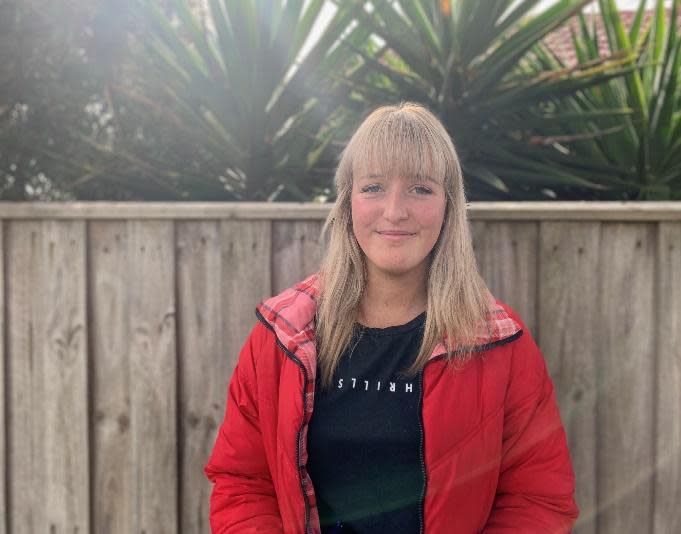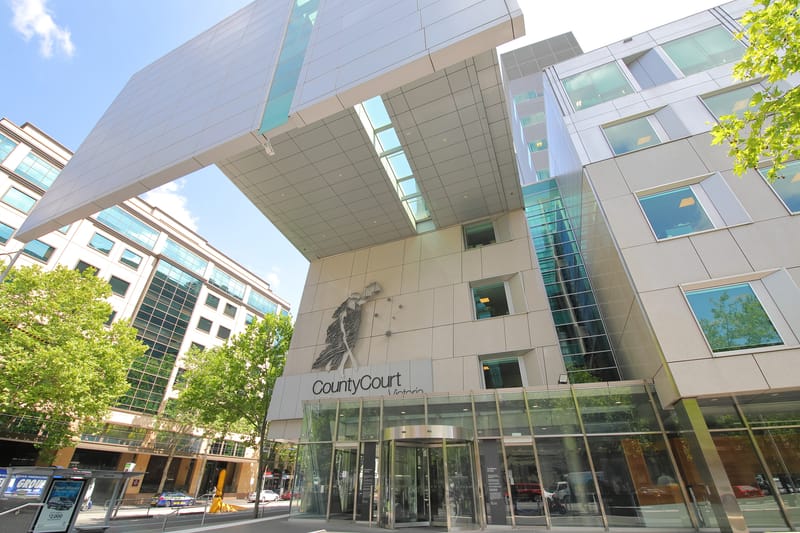Young paramedics facing careers of violence and fear
🔗 [SYSTEM UPDATE] Link found. Timestamp incremented on 2025-11-26 13:55:13.Junior paramedics entering the profession are told to come to terms with the harsh reality that drug-fuelled violence is a part of their work.

By GEORGIE KIBEL
Junior paramedics entering the profession are told to come to terms with the harsh reality that drug-fuelled violence is a part of their work.
Amy Hinton, 22, is weeks away from graduating with a double degree in nursing and paramedicine but she said many people in her profession believe violence cannot be avoided, leading to a high burn-out rate.
“When I was on placement a lady said, ‘it’s a part of the job’. We’re told how to de-escalate and avoid that,” Ms Hinton said.

“No paramedic that’s new to the profession wants to put their hand up and say they’re against helping people [who are drug-affected],” she said.
“I’m not signing up to get punched in the face when I’m treating someone.
“Everyone else goes to work every other day…and they don’t get punched. We do try to improve lives.”
Ms Hinton said while the fear of being assaulted does not stop her wanting to be a paramedic, it will be on her mind when she starts full-time work.
“I don’t know what will stop people…it’s unacceptable and horrific.”
A senate enquiry into the mental health of first responders this year found that more than 57 per cent of ambulance workers were hesitant to disclose a mental health-related issue due to workplace stigma.
Ms Hinton said, “there are so many people that burn out so quickly...lots of people call in sick and fatigued.”
Alcohol and Drug Foundation spokeswoman Laura Bajurny said drug-fuelled violence is an “absolutely wicked problem”.
She said drugs are not an excuse for violence and front-line workers should not be subjected to such treatment.
“The deterrence policies are ineffective,” she said.





